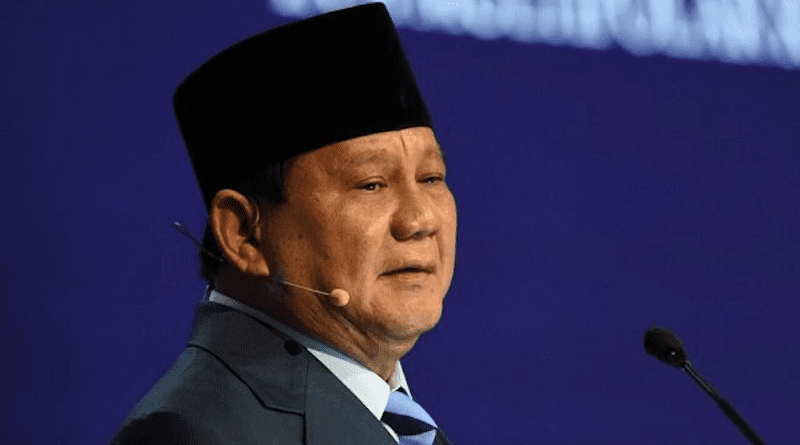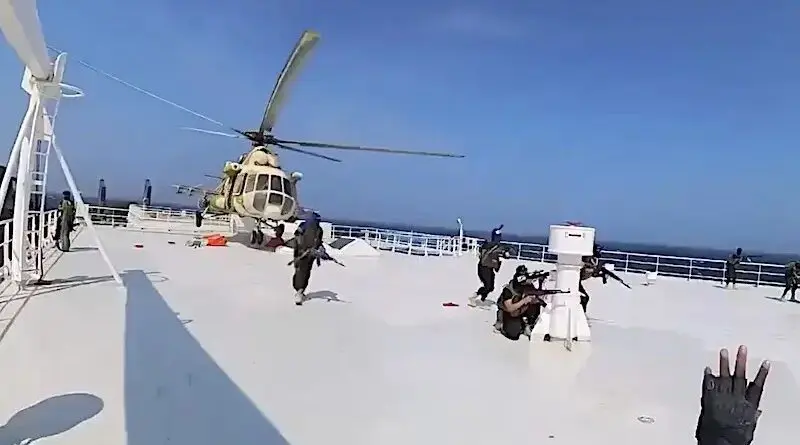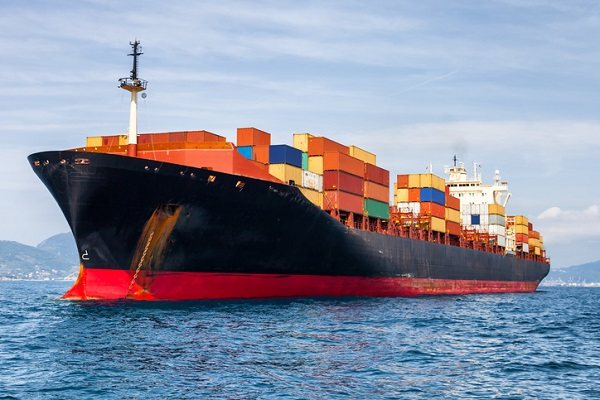
Iraq Objects To US Strikes That Killed 1, Wounded 18
By VOA
Iraq condemned on Tuesday U.S. airstrikes on Iraqi territory, calling them a “hostile act” and a violation of Iraq’s sovereignty.
U.S. forces carried out the strikes Monday and targeted Iran-backed militias in Iraq in response to a drone attack earlier that day that injured three U.S. service members.
The U.S. strikes killed one member of its security forces, Iraq said Tuesday, and wounded 18 other people, including civilians, according to news reports.
The government called the U.S. strikes “an unacceptable violation of Iraqi sovereignty,” a government statement said. The statement also stressed that similar attacks by armed groups on U.S-led coalition advisers are hostile acts and violate Iraqi sovereignty, a position Kataib Hezbollah criticized.
“We warn those with weak souls, from the highest level to the lowest, not to test our patience,” said Abu Ali al-Askari, a security official with the faction.
A barrage of rockets was fired later Tuesday morning at U.S. and allied forces at Al-Shaddadi, an American patrol base in Syria, a U.S. military official said. There was no damage or casualties, the official said.
Monday’s U.S. strikes were directed at three locations used by Kataib Hezbollah and affiliated groups, Defense Secretary Lloyd Austin said in a statement. The U.S. considers Kataib Hezbollah a terrorist organization.
“These precision strikes are a response to a series of attacks against U.S. personnel in Iraq and Syria by Iranian-sponsored militias, including an attack by Iran-affiliated Kataib Hezbollah and affiliated groups on Irbil Air Base earlier today, and intended to disrupt and degrade capabilities of the Iran-aligned militia groups directly responsible.”
National Security Council spokesperson Adrienne Watson said Kataib Hezbollah, as part of an umbrella group of Iran-backed militants, claimed credit for the Monday attack and that one of the U.S. service members was critically hurt.
U.S. and coalition forces have operated in the region as part of the mission to counter the Islamic State group in Iraq and Syria.
Those forces have come under repeated attacks by Iranian-backed proxies, with about 100 attacks coming since Israel launched its offensive to eliminate the militant group Hamas in the Gaza Strip.
The U.S. military has said it disrupted most of those attacks, or that they fell short of their targets causing no damage. But several, like Monday’s, have injured U.S. military personnel.
Previous retaliatory strikes have targeted Kataib Hezbollah and other groups, including U.S. strikes in November.






